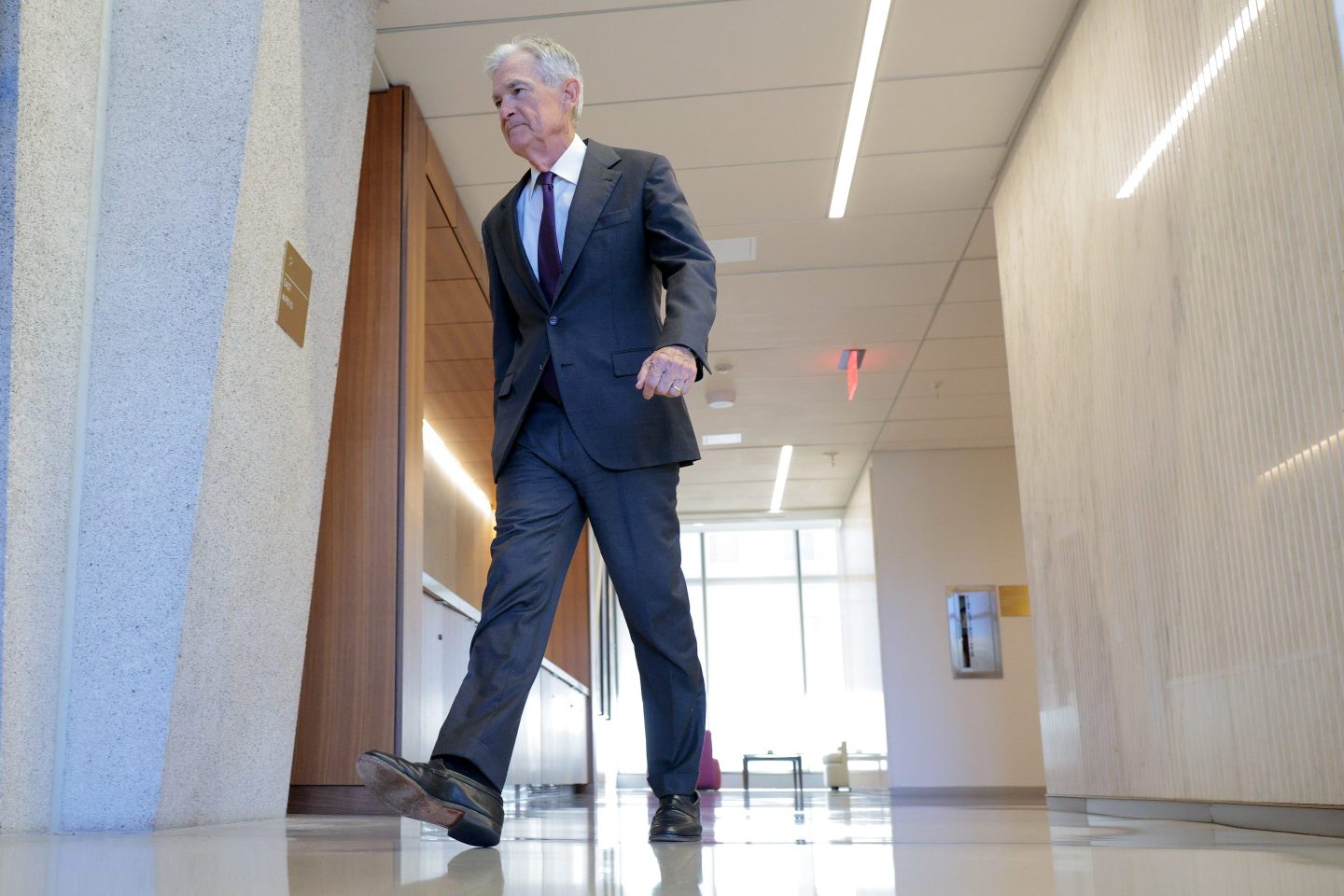Leaders of five big emerging nations plan to create a bank to fund development projects plus an emergency reserve to counter the powerful World Bank and the International Monetary Fund.
The plan was announced Tuesday at the annual BRICS summit, an acronym taken from the name of the participating countries – Brazil, Russia, India, China and South Africa. The idea is to create an alternative to the major international lending sources so as not to be so dependent on them for money and as a symbol of political strength.
The development bank – funded with $100 from the five member states – will be headquartered in Shanghai and, in its first phase, headed by an Indian president. Although China will be bank’s largest donor, each nation will own an equal share of the bank and have an equal say in governance and policy making. Another $100 billion will be allotted to an emergency reserve fund.
BRICS countries account for 42% of the world’s population and represents $6.14 trillion in annual trade. They contribute roughly 20% of the world’s economy based on GDP.
The BRICS summit took place against the backdrop of Russia’s annexation of Crimea, a Russia-China natural gas deal and the change of government in India. The proceedings were therefore of utmost importance to the U.S from a foreign policy standpoint.
“I think the big message to me coming out of the summit is BRICS are trying to create a safety net that means if the U.S. And Europe tried to isolate and sanction one of them they have something to fall back on,” said Thomas Wright, a fellow at the Brookings Institution who focuses on international relations. “The most worrying parts are that they didn’t say anything critical of Russia on Ukraine. Basically they sent out a message that they had no problem with anything with what Putin was doing.”
BRICS was established just prior to 2008 financial crisis with Brazil, Russia, India and China. Two years later, they welcomed South Africa to the club. The member nations vary in their economic health and, in some cases, are undergoing economic problems. But they’ve found a diplomatic and political rationale to exist that Wright described as being based on the idea that “not to have all roads go through the West.”
While Russian President Vladimir Putin boldly expresses his views on BRICS—that he’ll press other emerging markets to find ways to prevent “sanction attacks” by the U.S.—other leaders are cautious about their response.
“Together we should think about a system of measures that would help prevent the harassment of countries that do not agree with some foreign policy decisions made by the U.S. And their allies, but would promote a civilized dialogue on all points based on mutual respect,” Putin said in The Moscow Times.
In the past, the BRICS have struggled to reach a consensus. First they could not agree on a candidate to head the International Monetary Fund or the World Bank in 2011 and 2012. Then recently India and South Africa signaled they may backtrack on a trade agreement initially endorsed by all five countries. Many experts perceived it as a group too “splintered” to make any change.
With today’s summit, BRICS managed to break that perception and move forward to realign the economic balance for future development. “It is an achievement for the countries who have not significantly sat on the high table on economic and political governance matters,” said Samir Saran, senior fellow and vice president at Observer Research Foundation, a New Delhi based think-tank. “It is going to create a new ethos of economic governance.”












